Donald Trump is dealing with the wrong China
Donald Trump still imaginatively inhabits the world of his developer father, when the US encapsulated modernity, progress and prosperity. That has changed, of course. China now has choices of its own.

Xi Jinping will be thinking, now is his hour. Let the decoupling begin.
It is five years since the Chinese leader introduced the strategy of restructuring his country’s economy for “dual circulation”. This involves one sector relying on trade and mutual investment with the wider world and the other, which Xi prioritised, on “internal circulation” – with innovation, research and development, production and markets all contained within the People’s Republic.
Some saw in this a readying for war conditions. And now war has arrived in the form of a bare-knuckle trade battle with the US, the great global rival.
Both nations have been great beneficiaries of globalisation, but both have been stepping away. First Xi’s China and now, melodramatically, Donald Trump’s America are intent on trading on their own terms.
Although the US is China’s biggest single national export market, buying goods worth $US439bn ($703bn) in 2024, this amounts to only 15 per cent of all Chinese goods exports, the lowest proportion in a decade.
For China, which is the biggest trading partner of 120 countries, the 10 Association of Southeast Asian Nations countries, followed by the EU, are bigger regional markets than the US.
So, yes, Trump’s tariffs are inflicting a mighty blow. Many Chinese factories that have long tailored their products to meet American tastes are left wondering what to do, whether they can survive and how.
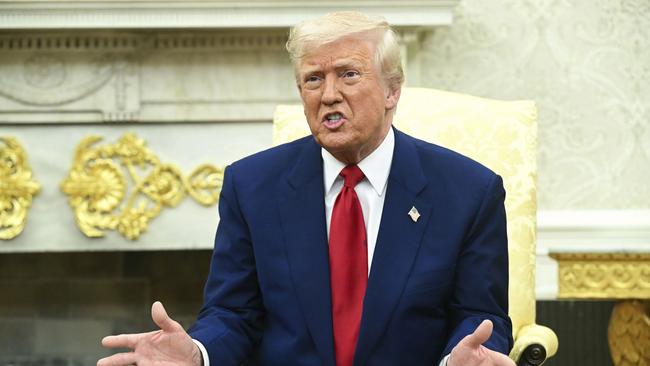
Their margins already have already been whittled down to the minimum, so they won’t be rushing to sell for less elsewhere unless they just want to shift inventories created by lost American sales.
Chinese companies are responding by preferencing domestic markets and those in ASEAN or global south countries. Thus ASEAN’s corporate resilience is coming under challenge in the face of Chinese pressure – both geopolitical and resulting from economic overcapacity.
Several ASEAN countries have responded by placing tariffs on Chinese products.
Joerg Wuttke, the vice-president for BASF in China for 27 years, says this overcapacity has become China’s dominant economic challenge, the result of “domestic policy choices that have led to the rapid, often economically non-viable, expansion of investment and production”.
Now, he says, “with weak demand at home and rising protectionism abroad, the market for Chinese production in many industries will shrink”.
But this doesn’t create an existential crisis for the Chinese economy. Trump still imaginatively inhabits the world of his developer father, in his prime in the 1950s, when the US encapsulated modernity, progress and prosperity, when the whole Earth wanted to come to America, to be American.
That has changed, of course. China now has choices of its own.
And the US President has abandoned the high ground of promoting liberty and democracy, and for the time being also has lost the trust of the alliances that had provided the trump card in the struggle against first Soviet and now Chinese communist powers, while the latter has built a close-knit network of its own around Russia, Iran and North Korea.
Rather surprisingly to Australians who suffered several years of trade manipulation by Beijing as punishment for perceived political wrongdoing, Chinese ambassador to Australia Xiao Qian wrote last week in Nine newspapers that “a vast majority of countries have expressed strong dissatisfaction and clear opposition to the US’s unilateralism and hegemony … The only way to stop the hegemonic and bullying behaviour of the US … is to strengthen solidarity and collaboration and to jointly resist.”
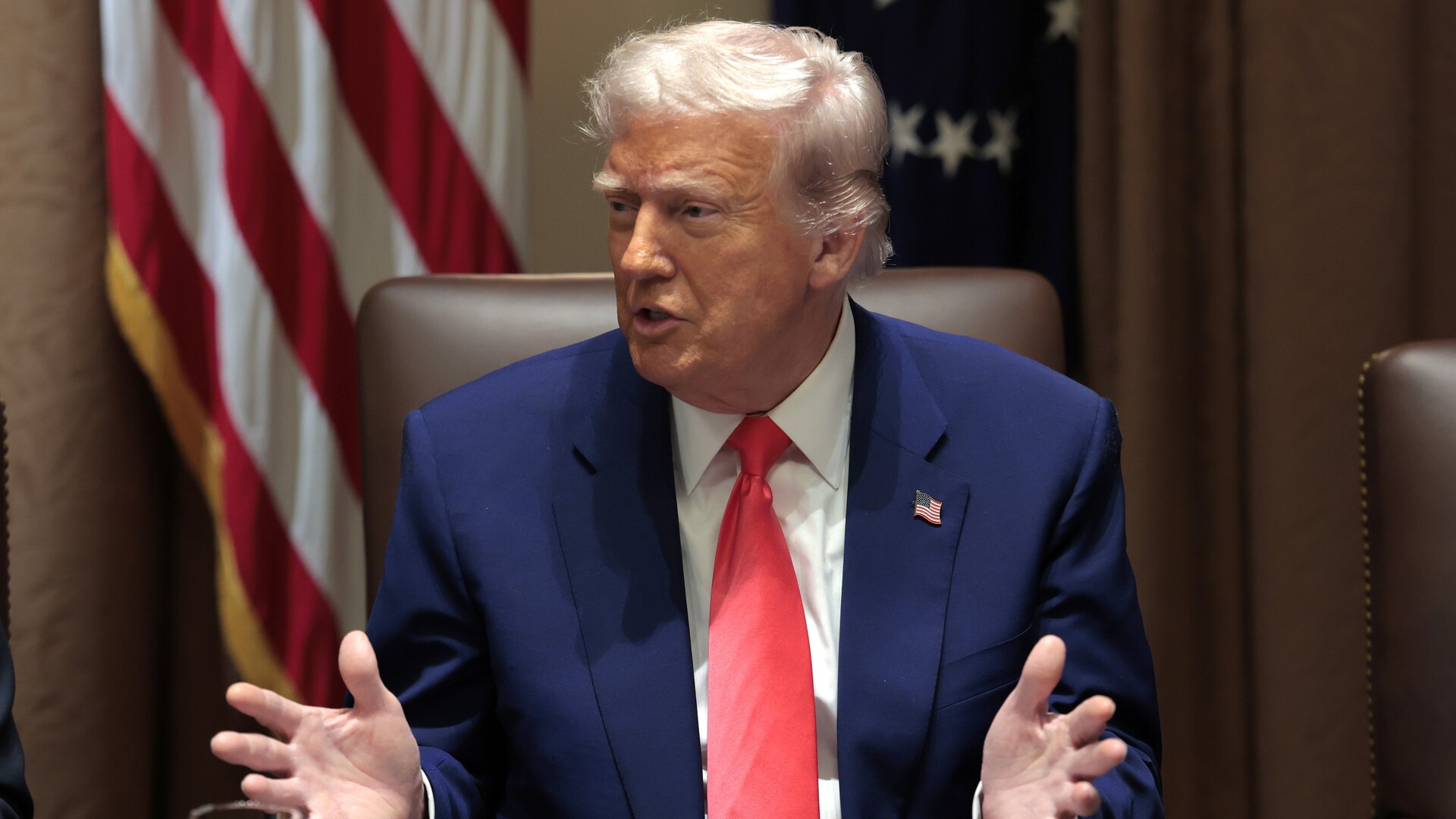
Relishing the moment, Chinese diplomats are making such appeals worldwide. Lean closer to us, we’re your trusted economic partners.
Like Trump, Xi wants especially to make his country great again, in Xi’s case to realise the China dream of tianxia – of all under heaven looking to China for leadership.
This has been most successfully pursued through economic outreach, including the Belt and Road Initiative.
Xi has spoken of “an intensifying contest of two ideologies”, which he views as “a matter of life and death”. He warns of “a new period of turbulence and change” in which “external efforts to suppress and contain China may escalate at any time … (as may) various black swan and grey rhino events … The world has once again reached a crossroads in history.” So China needs a strong ruler and – good luck – it has one.
Landing in the crosshairs of Trump’s sights is no bad thing as far as Xi is concerned. “History repeatedly proves that seeking development through struggle promotes prosperity,” he has said, “while seeking security through weakness and concession leads to decline.”
Adding to Xi’s personal armour in this great joust with Trump is that while economic management is the unavoidable focus of many international leaders, for Xi politics is upstream of everything.
The Chinese leader has baulked at structural economic reform that might have granted consumers a greater role, instead focusing on controlling and directing supply, especially by celebrating at a recent Beijing meeting his equivalent of Trump’s tech bros, though strictly no high fives.
Xi says innovative “high-quality production”, including factories increasingly run by robots, will drive a new wave of growth for China, where the ambitious Made in China 2025 project appears to have been largely successful, with companies such as TikTok, DeepSeek, Temu, BYD, Shein and Huawei leading the way.
China’s population has fallen for three years, the middle class that has pushed all its savings into property has lost up to 30 per cent of its wealth in that same time, and many people, especially in younger generations that struggle for jobs, have felt demoralised by Xi’s surveillance and interventions in their lives.
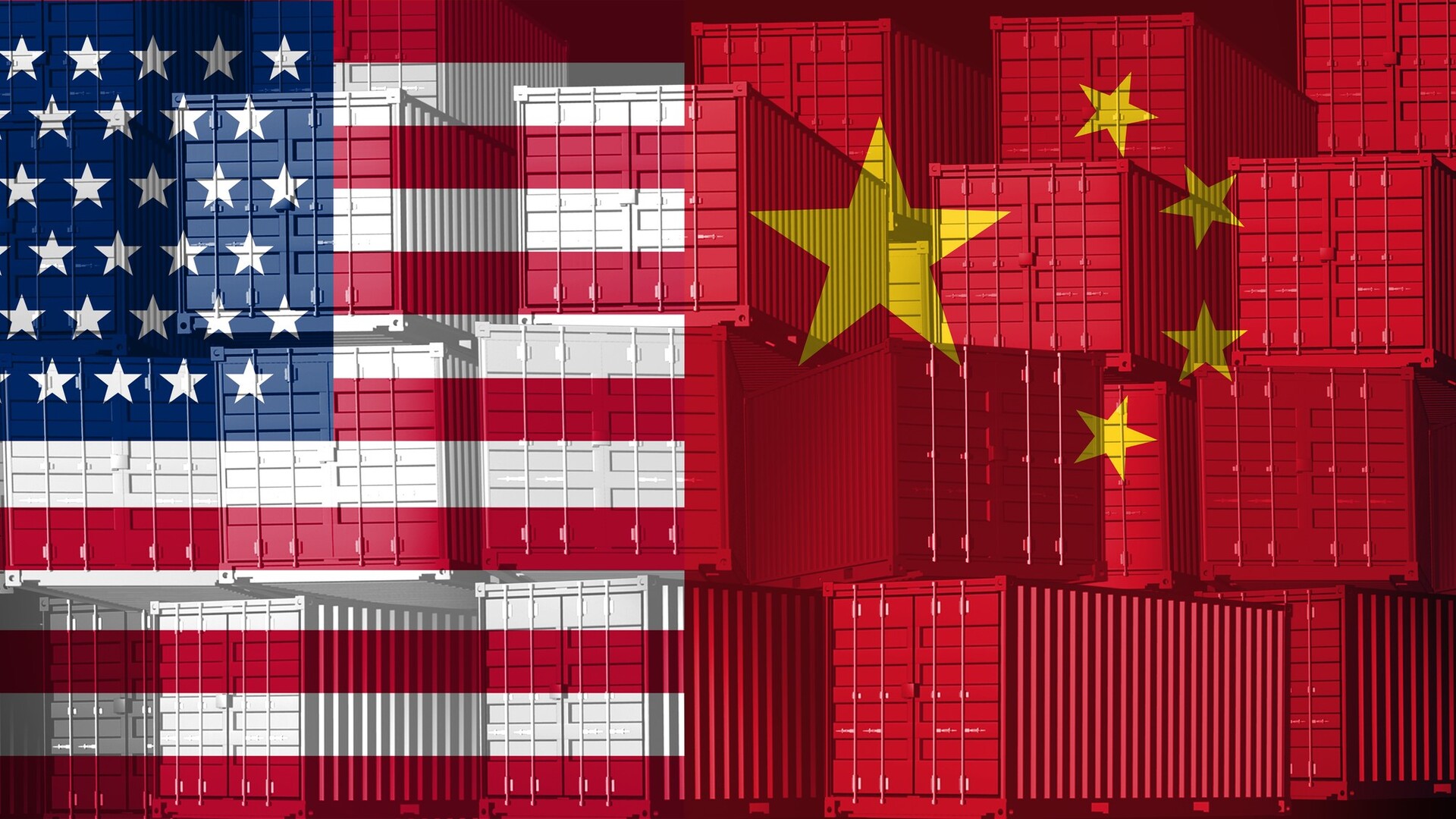
But the pressures such issues create for Xi are tempered by his Chinese Communist Party’s total rejection of accountability, by his refusal to countenance talk of succession, by his being surrounded by powerful, largely mysterious yet to date fully loyal, advisers.
Scott Kennedy, a senior adviser at Washington’s Centre for Strategic and International Studies, says however: “A China cut off from the global economy and society would face enormous economic, political and geostrategic troubles.”
Indeed. But Xi believes “internal circulation” will keep China’s head above water economically and Beijing’s influence will fan out around the globe to replace that of Washington.
And remarks such as those by US Vice-President JD Vance a fortnight ago, that “we borrow money from Chinese peasants to buy the things those Chinese peasants manufacture”, reinforce Xi’s push to rally Chinese resilience.
Rowan Callick is an industry fellow at Griffith University’s Asia Institute and an expert associate at the National Security College of the Australian National University.


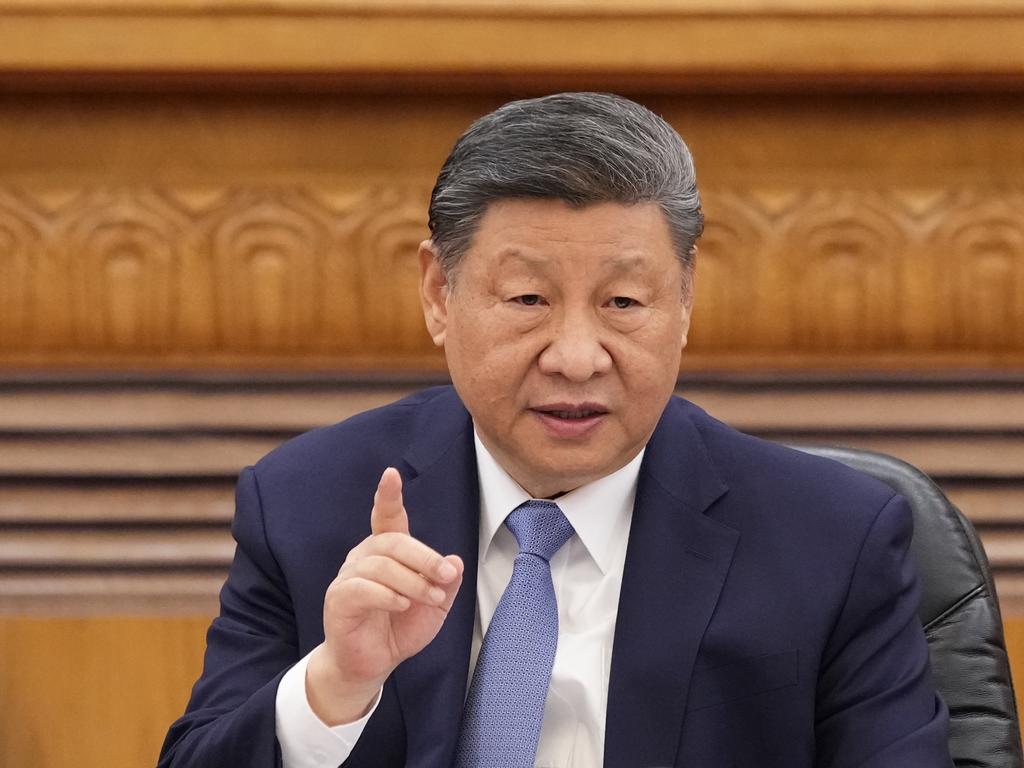
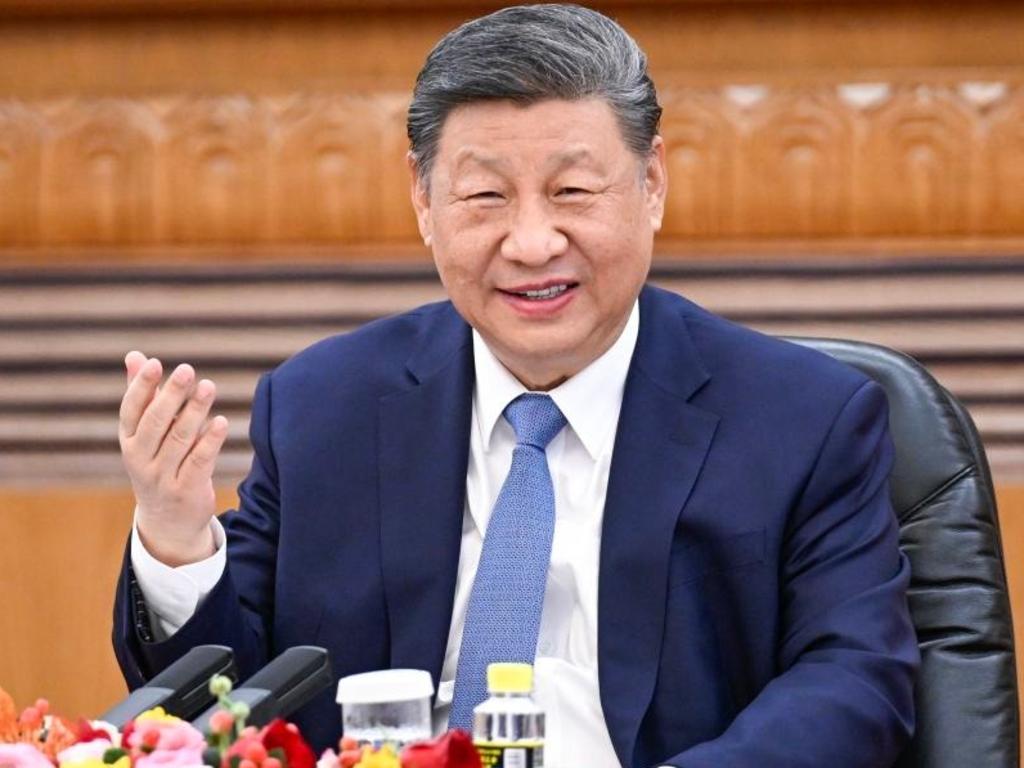



To join the conversation, please log in. Don't have an account? Register
Join the conversation, you are commenting as Logout